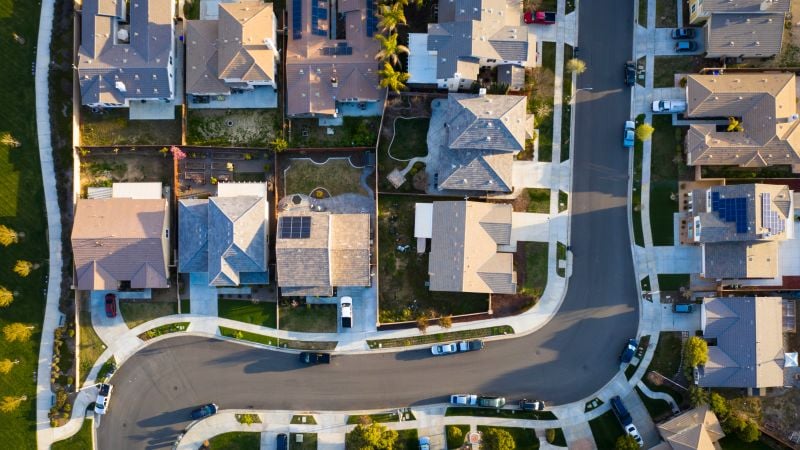After 33 years and four children, Baby Boomers Marta and Octavian Dragos say they feel trapped in what was once their dream home in El Cerrito, California.
Both over 70, the Dragos are empty nesters, and like many of their generation, they’re trying to figure out how to downsize from their 3,000-square-foot, five-bedroom home.
“We are here in a huge house with no family nearby, trying to make a wise decision, both financially and for our well-being,” said Dragos, a retired teacher.
But selling and downsizing isn’t easy, appealing or even financially advantageous for many homeowners like the Dragos family.
Many Boomers whose homes have surged in value now face massive capital gains tax bills when they sell. This is a kind of tax on the profit you make when selling an investment or an asset, like a home, that has increased in value.
Plus, smaller homes or apartments in the neighborhoods they’ve come to love are rare. And with current prices and mortgage rates so high, there is often a negligible cost difference between their current home and a smaller one.



I watched a video a while back that talks about how in Tokyo housing is seen as more of a consumer good than an investment, and explains why:
https://www.youtube.com/watch?v=d6ATBK3A_BY
Interesting. So there’s 2 main reasons and 1 knock-on effect on why Tokyo (not Japan, just Tokyo) has affordable housing.
The first one is achievable nearly everywhere and would be quite popular. Except with those who already own homes. Building high-density housing will lower housing prices for those nearby. The video covers this well.
The second isn’t going to work in the US. Homes are the #1 generational wealth is accrued and how people rise in economic standing. From paycheck-dependent to stable, etc. Trying to take that away without some other way to build wealth and especially without a national retirement system is going to be deeply unpopular.
Another aspect I found very interesting: Tokyo demolishes and rebuilds every house on average every 30 years. That’s wild to me. They build for safety but not longevity. No one wants a pre-owned house. Couple this with the inheritance tax and I imagine most older people will just sell their homes or pass down only a small amount. Japan’s Public Pension System makes this feasible as well and without that I can’t see this becoming viable in America.
I also wonder how wasteful that kind of demolition ends up being.
Extremely wasteful - and that’s to say nothing of the obvious climate impacts from said waste. It’s one hell of a drawback to what I would otherwise describe as a system that works pretty well.